China-EU Partnership: A Path to Global Sustainability
On April 12, 2024, in Delphi, Greece, WAITRO organized a panel at the 9th Delphi Economic Forum, themed How China-EU Partnerships Accelerate a Transition to Global Sustainability. Dr Paul E. Burrows, WAITRO Secretary-General, moderated the panel, which included panellists such as the Ambassador from the Chinese Embassy in Greece and the leaders of research institutions in Greece, Belgium, and China.
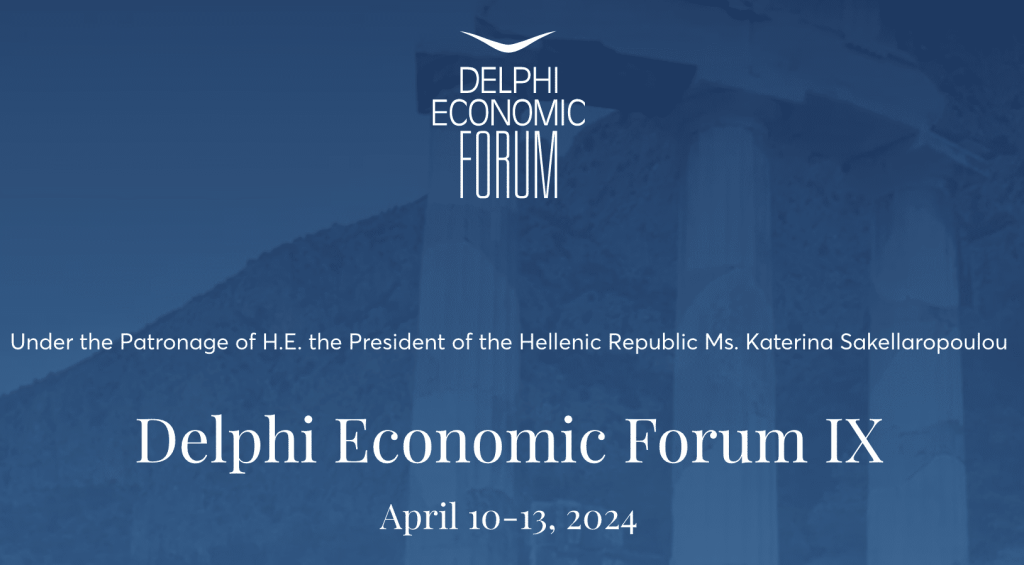
The Ambassador was invited to start the discussion by outlining the context of China’s contributions to Europe and the world in the area of sustainability. China is currently experiencing a renaissance in science and technology, with a growing commitment to innovation. This showcases its increasing capability to offer green and sustainable technological solutions to accomplish global sustainability objectives and facilitate a green transition.
Regarding the current relations between China and Europe, the panelists agreed that a mutually beneficial China-EU partnership could help create new markets and develop science and technology. While European countries often view China as a competitor or even a threat, it is vital to remember that global challenges such as climate change transcend national boundaries. Therefore, fostering collaborative ties with China could be critical to mitigating these shared threats.
The EU has well-known innovation-supportive mechanisms, including the Horizon programs. In general, the government continuously provides policies and incentives to create a new path for companies to enter new markets, such as carbon credits. New regulations and targets on supply chains and the Corporate Sustainability Reporting Directive (CSRD) were introduced by Inge Neven, CEO of VITO NV, an independent research organization in the Flemish region of Belgium. The moderator pointed out the important difference between government subsidizing technologies (which they often choose badly) and government creating a market into which innovation can compete (which is enabling).
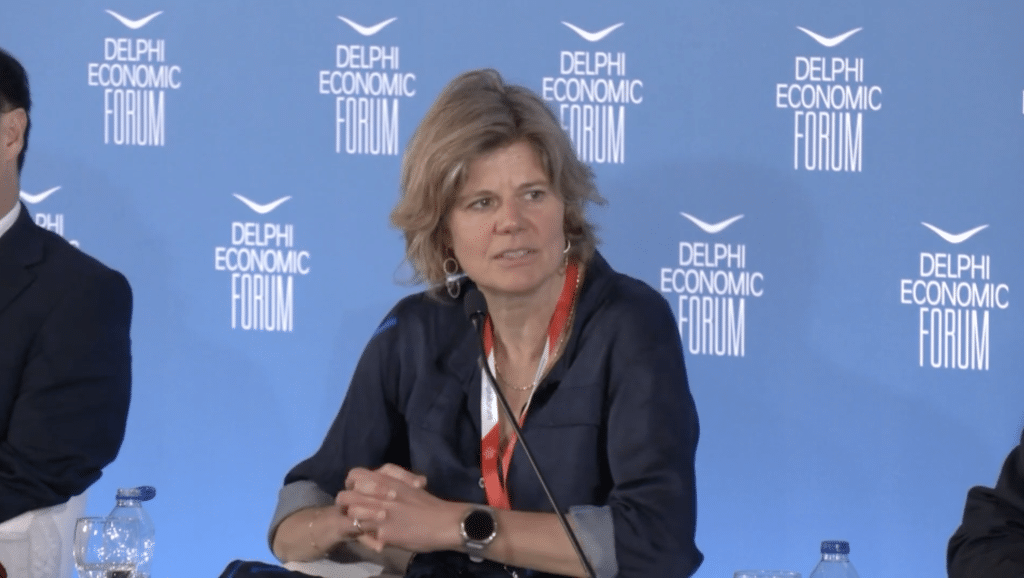
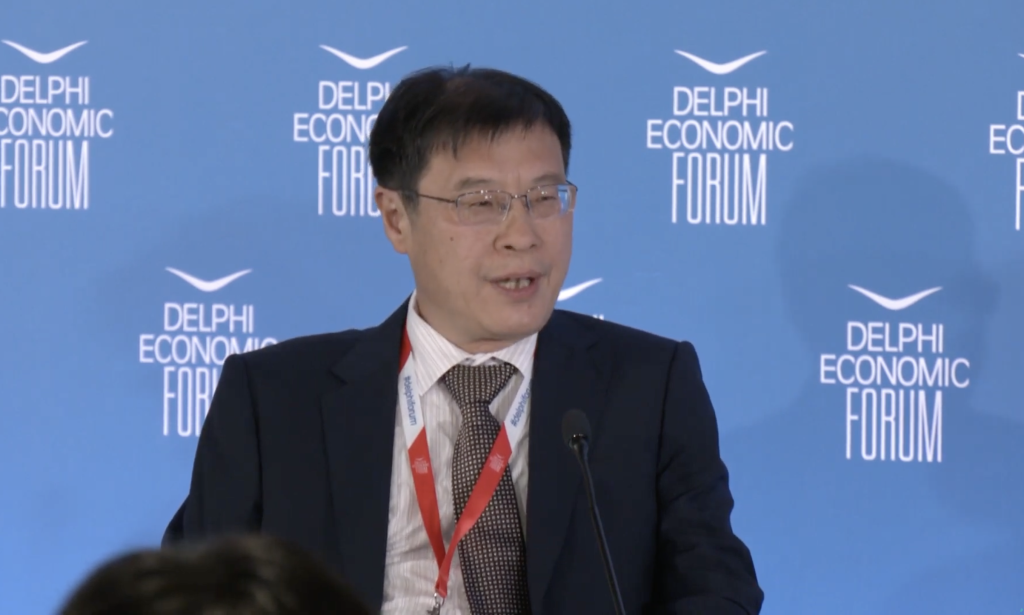
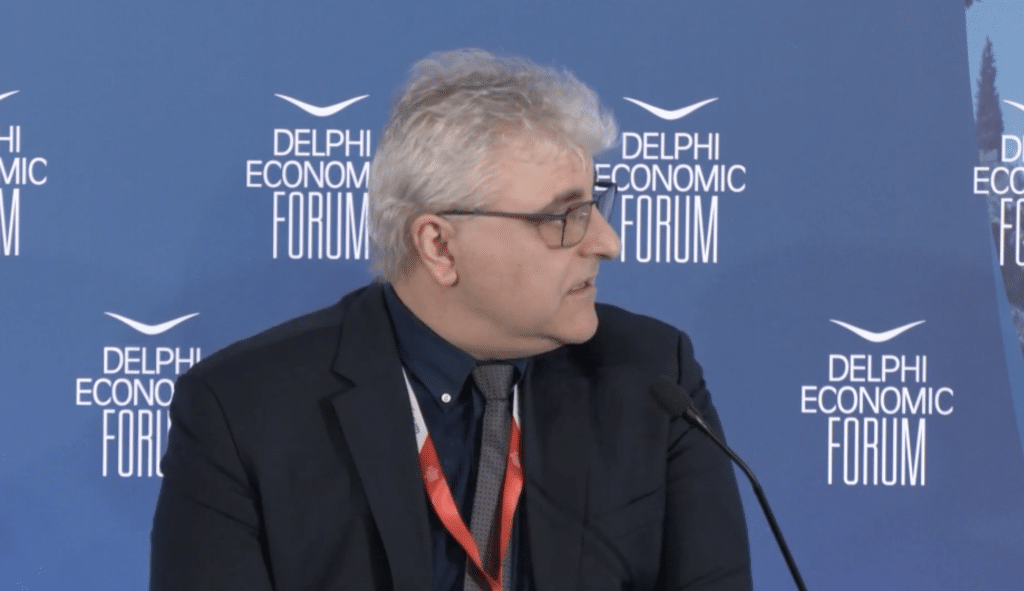
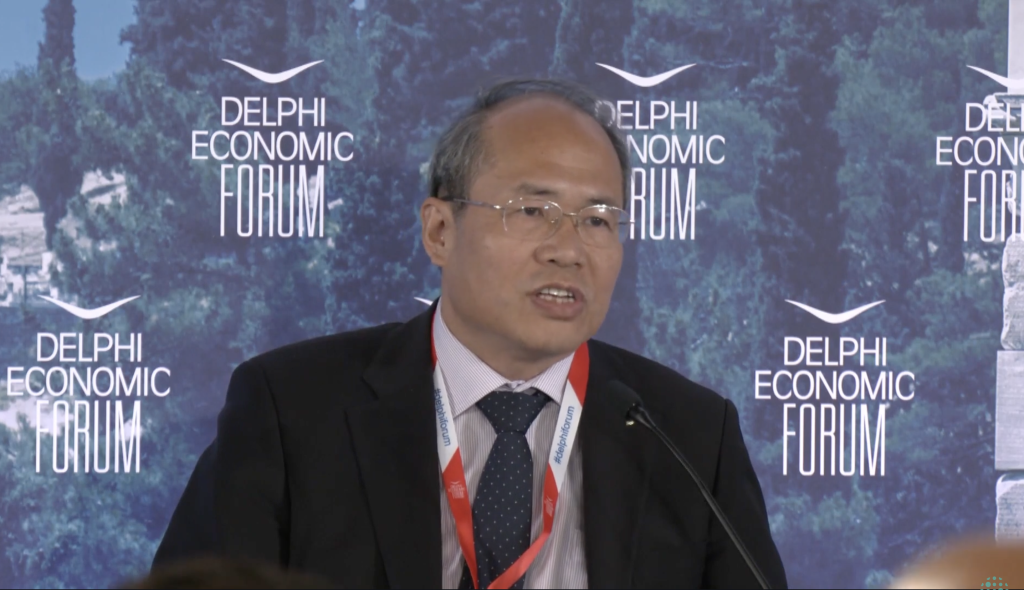
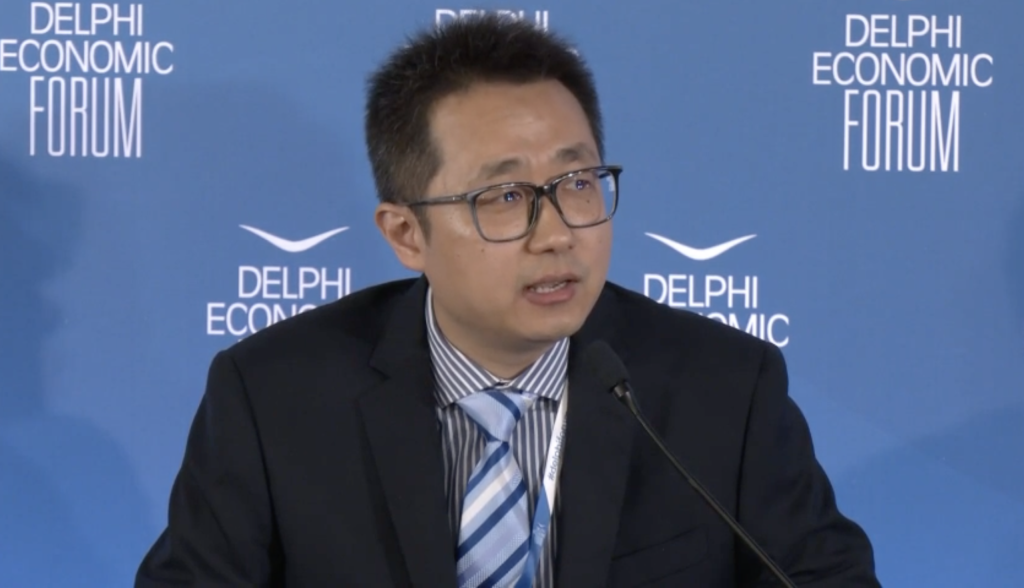
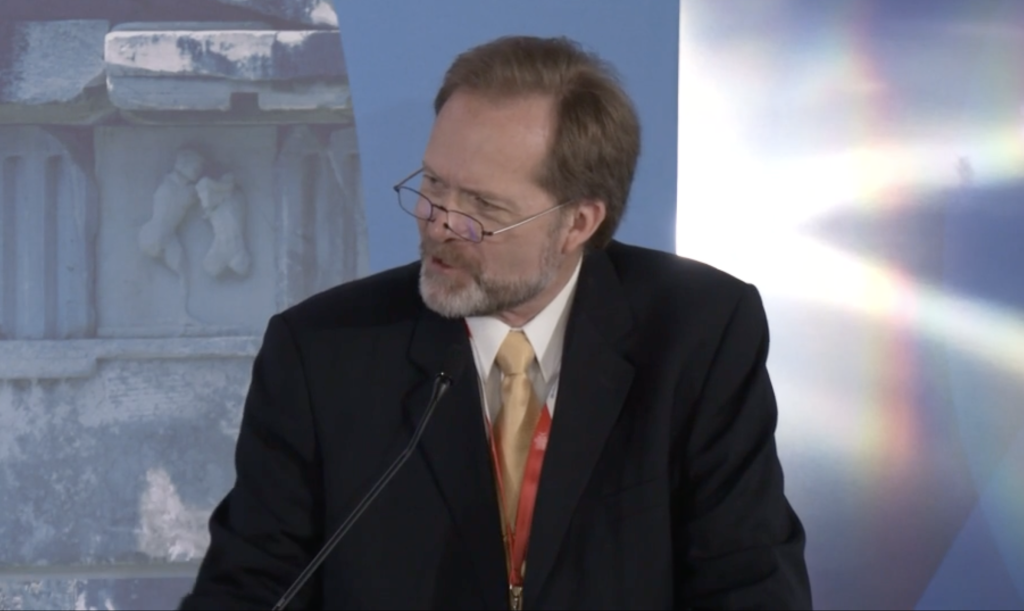
China is taking proactive steps to realize a sustainable future by pioneering innovative mechanisms to partner with the EU. These partnerships aim to foster mutual growth by developing technology and building markets centered around sustainability. Lyon WANG, representing the National Innovation Center par Excellence (NICE), briefly introduced their philosophy behind a “triple-helix” model for fostering regional, national, and global innovation partnerships across academia, research institutions and industrial needs.
Notably, China’s relationship with Greece sets a positive precedent for the rest of Europe. The two countries have already established partnerships across various sectors. Cultural exchange, particularly antique preservation, has been one successful case. Moreover, future partnerships in education, biomedicine, and the agriculture-food industry are currently being explored. Examples were introduced by Prof. Nektarios Tavernarakis, Chairman of the Board of Directors, FORTH.
These partnerships underscore the transformative potential of the China-EU relationship. By fostering a spirit of cooperation rather than competition, people in all countries are empowered to pursue a better life. There is great potential to expedite our transition to a sustainable world. “We are all in the same boat with a shared future” is the metaphor for concluding the subforum, given by H.E. Xiao Junzheng, Chinese Ambassador to Greece.
As we look to the future, let this China-EU partnership serve as a beacon of the collaborative spirit necessary to face our global challenges.
